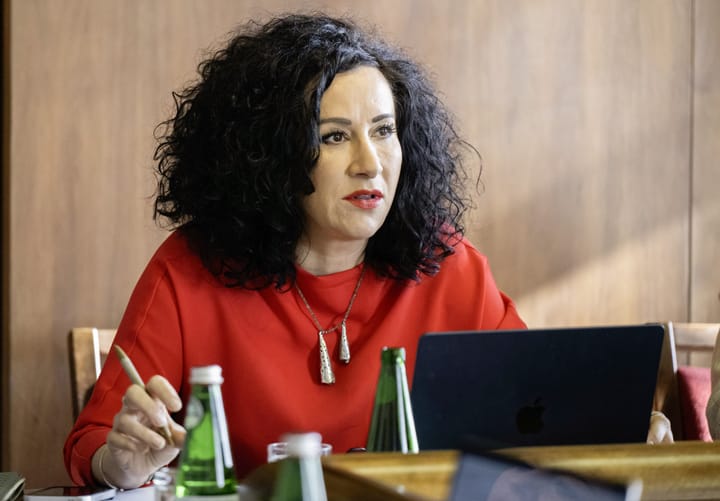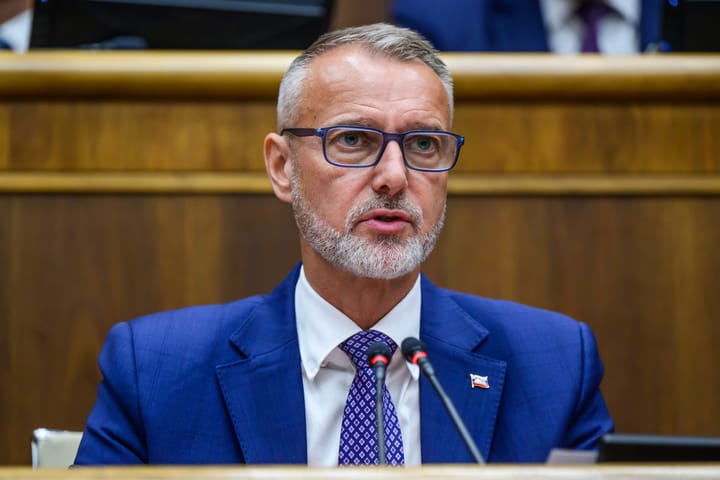Ban on Free Movement in Slovakia Extended, Negative Test Gives Exemption

Bratislava, October 28 (TASR) – The Government on Wednesday issued a decree banning the free movement of people in Slovakia between November 2-8 apart from in the intervals between 1 a.m. and 5 p.m. each night, but this measure won’t affect people with a negative PCR test for coronavirus carried out between October 29-November 1 or a negative test from the countrywide mass testing organised by the military this coming weekend.
The Government last week imposed a ban on free movement for everyone apart from specific reasons, including journeys to work, for October 24-November 1.
Emergency staff will be excused from lockdown also if they have a negative test dating from October 28.
Those who don’t possess a negative test result will still be allowed to obtain the most essential needs, including food, medicines, drugstore goods, fuel and food for animals. There’s also an exemption from the ban on free movement for those who go to see a doctor with an urgent issue, those about to undergo a preventive medical examination and those who accompany a relative to see a doctor.
It will also be possible without a negative test to attend the funeral of a close person, to get married, attend a baptism, provide daily care for an indisposed relative, walk a dog or cat within a radius of 100 metres from one’s place residence and leave home to care for farm animals.
Parents will be able to take their children to a nursery school and with children who attend the first four grades of primary school and special schools. Children below the age of ten are exempt from the lockdown even without a test.
The ban also doesn’t concern those who have recovered from COVID-19 in the past three months and those who were diagnosed with coronavirus between August 1 and October 15.
Also exempt are people whose health condition doesn’t allow them to undergo a nasal swab, people with medium-level or severe mental disorders, people suffering from severe autism, immunodeficiency or cancer.



